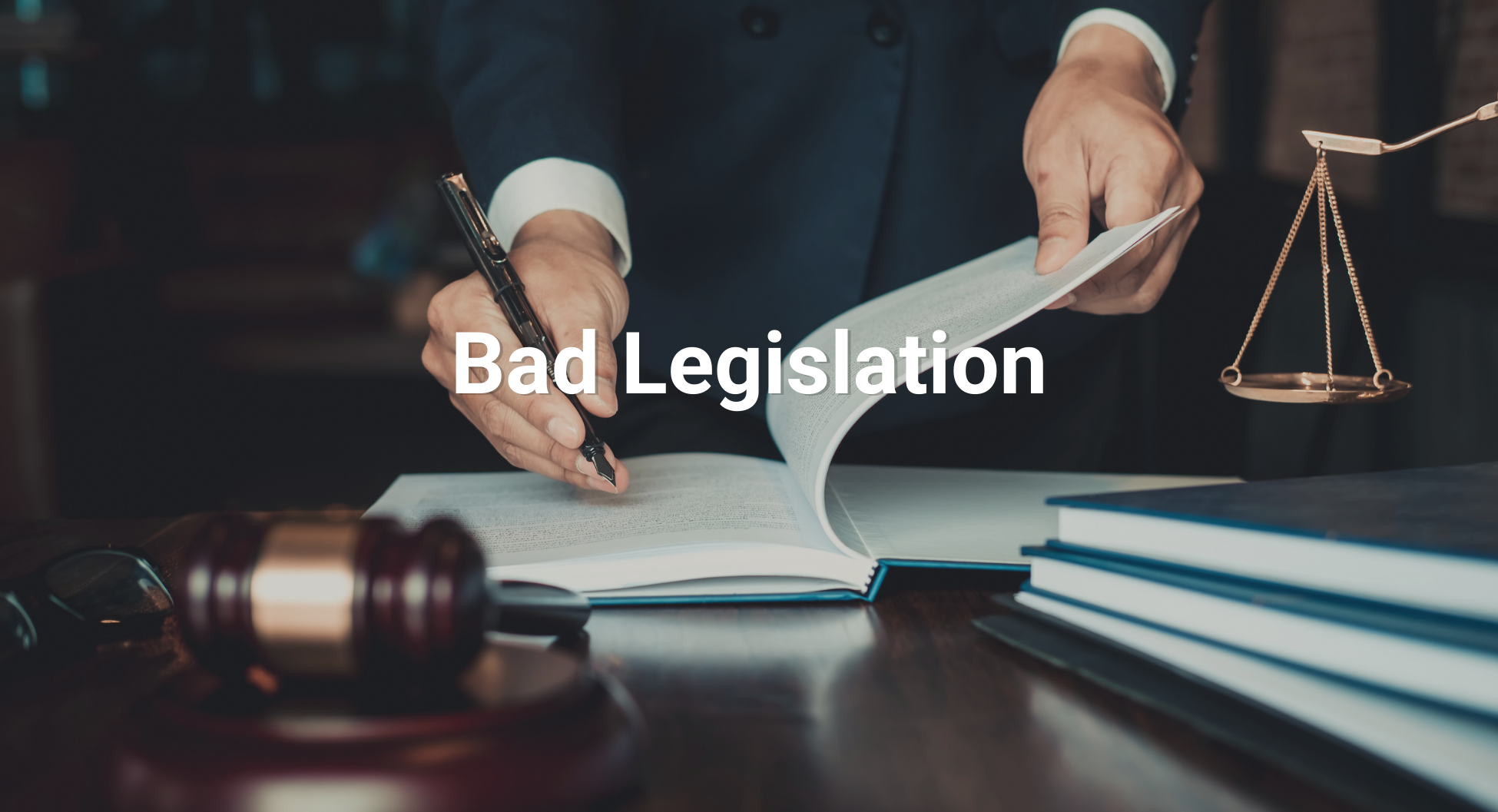This is a real estate column, not a political column, but sometimes proposed legislation connected to real estate is so bad that I simply cannot remain quiet. Assembly bills AB 2050 and AB 1771 warrant significant examination with the following considerations in mind.
Do we have a housing shortage issue? Do we have a housing affordability problem? Do either of these proposed bills alleviate these problems? Will these bills exacerbate either or both of the problems above?
AB 2050 is an attempt to re-boot AB 854, a bill that failed last year. The author, Assemblyman Alex Lee, just can’t let a bad idea go. If passed, AB 2050 would require anyone who owns rental property to hold the property for a minimum of five years before selling it. It doesn’t matter if the property owner has fallen on hard times and needs cash, if they are transferred out of the area by their employer, if the property isn’t earning enough to justify the costs, or any other reason. So, even if the property sinks them financially, property owners cannot make the wise financial choice to sell.
While this may sound good for renters, it’s not. AB 2050 will dissuade many people from owning rentals to begin with, thereby reducing the number of rentals available, making the Ukiah market tougher than it already is. Anyone who has looked for rental recently can tell you there are very few available. And local employers have voiced their frustration at losing good recruits because they cannot find a place to live.
As the availability of rentals goes down, the economic law of supply and demand comes into play, and the price to rent a place to live goes up. In all likelihood, AB 2050 will hurt the very people it is intended to help by exacerbating availability and affordability problems.
Now comes AB 1771 by Assemblyman Chris Ward. This legislation would impose an additional 25 percent capital gains tax if you sell a house in fewer than three years from the date of acquisition. That additional tax would be reduced by 5 percent for each year you own the property beyond the initial three years.
They call this anti-flipping legislation and the idea is to keep speculators at bay. Before you nod along in agreement, it’s important to recognize that speculators have a place in the market. They buy properties others don’t want and they buy them at market value. They then fix up the properties and sell them for a profit.
Mr. Ward sees dollar signs. He thinks the fix-and-flip crowd will continue to buy and sell properties if his legislation passes, and that the state will benefit from a big increase in tax revenue. Far more likely is that if buying and rehabilitating a property comes with a hefty tax, many of those fix-and-flip transactions won’t take place and those fixer-uppers will remain in shabby condition, dragging down the value of other neighborhood properties.
By the way, the state would not only lose the additional 25 percent capital gains tax, they would also lose the normal income tax revenue currently collected on these types of transactions. For many people who use their time and talent to improve homes and sell them, we’re talking about a tax revenue of about 10 percent. Let’s imagine that the contractor who fixes up the house earns $100,000 in profit. The state could have collected $10,000 in revenue. If the legislation passes, they not only won’t collect the $25,000 the bill aims to collect, they’ll miss out on the $10,000, too.
If AB 1771 only applied to house-flipping, I still wouldn’t support it, but it doesn’t. If you’re a first-time homebuyer, you’ll have to live in your house for at least three years to avoid the additional 25 percent capital gains tax. Get pregnant with twins and need more space? Too bad. You are not allowed to keep enough of the profits from selling your current home to buy a larger one.
I wish all elected officials were required to take Economics 101. Both of these proposed bills would have the unintended consequence of doing the exact opposite of what the authors hoped for.
If you have questions about property management or real estate, please contact me at [email protected] or call (707) 462-4000. If you have an idea for a future column, share it with me and if I use it, I’ll send you a $25 gift certificate to Schat’s Bakery.
Dick Selzer is a real estate broker who has been in the business for more than 45 years.


